Vancouver’s housing market is famously expensive, and the path of mortgage rates will shape its direction in 2026. By mid-2025, Vancouver home prices had dipped from pandemic peaks, but remain high by historic standards. For example, in August 2025 the Metro Vancouver benchmark price was about $1,150,400, roughly 4% below a year earlier. Detached houses averaged about $1.93 million (down ~8% year-over-year) while condo apartments averaged about $813,000 (down ~3.5% YoY). Even after recent declines, Vancouver home prices are roughly 43% higher than a decade ago.
Against that backdrop of high prices and limited affordability, changes in interest rates can have outsized effects. Higher mortgage rates make monthly payments more expensive and shrink buyers’ budgets, cooling demand; lower rates do the opposite. When rates climbed sharply in 2022, Vancouver’s market essentially “went to sleep” – sales plunged and prices flattened. Conversely, recent interest rate cuts are reviving buyer demand: after the Bank of Canada cut its policy rate in September 2025, experts reported early signs of rising sales and prices as borrowing costs eased. In short, interest rates and Vancouver housing prices move in opposite directions: higher rates generally push prices down (or at least curb gains), while lower rates can help prices rebound by letting more buyers qualify for mortgages.
Below we examine current trends and expert forecasts to assess what rising or falling interest rates could mean for Vancouver real estate in 2026, including effects on detached homes, condos, affordability, buyers, and investors.
Current Market Trends in Vancouver Housing
Metro Vancouver’s housing market has been in a modest slump in 2024–2025. Sales are low by historical standards and inventory is elevated. As of mid-2025 there were over 17,000 active listings in Greater Vancouver – far above the long-term average – while sales remained below the norm. This kept the sales-to-listings ratio near balanced territory (around 45–50%), meaning prices have been mostly flat or gently falling.
In June 2025, the benchmark price for a detached home was about $1.994 million, roughly 3.2% lower than a year earlier, and Vancouver apartment (condo) benchmark was $748,400, also down about 3.2% YoY. Townhouses were around $1.104 million, down ~3.0%. By August 2025, the overall average home price in Metro Vancouver was ~$1.226 million (down 1.9% YoY) with detached at $1.927M (-7.9% YoY) and condos at $813k (-3.5% YoY).
These figures reflect flat to soft prices in a high-cost market. Vancouver’s benchmark price is still about 8–9% below its all-time high set in April 2022. In other words, prices have had a mild pullback since peaking, rather than a sharp crash.
Key Market Trends:
-
Vancouver home prices have flattened or edged down in 2024–2025 after years of run-up.
-
Sales remain low and listings are high, keeping market conditions balanced.
-
Detached homes saw sharper year-over-year drops (~7–8% by mid-2025) while condos fell more moderately (~3–4%).
-
Affordability has improved slightly as rates eased, but Vancouver is still extremely expensive.
How Interest Rates Influence Vancouver Home Prices
The link between interest rates and home prices is straightforward: mortgage rates determine how much home people can afford, which in turn affects demand and therefore prices.
When interest rates rise, mortgage payments go up, squeezing budgets and reducing the pool of qualified buyers. Conversely, when rates fall, borrowing becomes cheaper and more buyers can enter the market, supporting price growth.
In Vancouver’s case, the effects are amplified by already high prices and strict mortgage stress tests. Even a small rate increase can price some marginal buyers out, while rate cuts can bring them back in.
In practical terms for Vancouver: if interest rates rise further from today’s levels, expect continued softening or further declines in prices. On the other hand, if rates fall further – as some forecasts suggest might happen through 2025 and 2026 – that could help stabilize or even modestly lift Vancouver prices.
Key Points on Interest Rates:
-
High rates sharply reduce affordability, slowing sales and tempering prices.
-
Even modest rate cuts can encourage buyer demand and stabilize prices.
-
In Vancouver’s expensive market, these effects are magnified.
-
Most forecasts see rates staying relatively high through 2026, meaning affordability will remain a key constraint on price gains.
Recent and Forecast Mortgage Rates
For Vancouver homebuyers, mortgage rates are the everyday reality of interest rate policy.
By late 2025, average 5-year fixed mortgage rates in Canada were in the mid-3% range, with projections suggesting they could stay around 3.8–3.9% by the end of 2026. Variable 5-year rates were slightly lower.
In concrete terms, Vancouver borrowers looking at 5-year fixed deals in 2026 might see rates roughly in the 3.5%–4.0% range, depending on timing and lender. These rates directly affect monthly payment ability. For example, on a $1 million mortgage, a 0.5% change in rate can alter payments by about $800–$1000 per month.
Vancouver Condo Market: Oversupply and Soft Demand
Vancouver’s condo segment behaves differently from detached homes. After a boom in high-rise construction, the city now faces an oversupply of new condos and tepid demand.
Average downtown condo prices fell from $1,264/sqft in early 2024 to $1,206/sqft by mid-2025. Many developers have halted or delayed condo projects, or are switching focus to rental apartments instead.
What does this mean for Vancouver condo prices in 2026? With so much new supply and muted local demand, prices are unlikely to rise sharply. In fact, most signals point to continued softness or stability.
Key Points on Condos:
-
Downtown Vancouver condos have seen price declines through 2024–2025.
-
Investor demand has collapsed as higher interest rates made condos less attractive.
-
Forecasts suggest unsold inventory will remain high and condo prices will stay flat or decline slightly in 2026.
-
Buyers may find more negotiating power in 2026, but affordability is still tight.
Vancouver Detached Homes and Townhouses
Detached houses and townhouses in Vancouver have seen larger recent price drops than condos. By August 2025, the average detached price was ~$1.93M, down about 8% YoY.
Looking ahead, Vancouver detached home prices in 2026 will depend heavily on buyer-side affordability and available supply. RBC and other forecasters expect continued pressure, with BC likely to see further declines. Townhouses, which appeal to middle-market buyers, may hold up slightly better but will face the same affordability limits.
Vancouver Housing Affordability
Affordability is the elephant in the room. Even with interest rates near 3–4%, Vancouver homes remain out of reach for many local buyers.
A major study ranked Vancouver the least affordable major city in Canada for 16 straight years. Surveys show over a third of BC residents have considered leaving the province due to housing costs.
This means affordability constrains price growth. Even if rates fall, wages and incomes in Vancouver would have to rise significantly for people to push prices back above 2022 highs.
Market Trends and Expert Forecasts
Most forecasts project either small declines or modest growth in 2026, largely because interest rates are expected to stay relatively high and inventory remains elevated.
-
Some banks expect the Bank of Canada to cut rates further in 2025–2026, which could support a gentle price rebound.
-
Others expect rates to remain higher, leading to slow declines, especially in BC.
-
Consensus: no major boom in 2026, but gradual shifts depending on rate movements.
Buying a Home in Vancouver in 2026
For potential homebuyers, 2026 is shaping up as a buyer’s market or balanced market. More listings and less competition mean buyers may be able to negotiate better deals.
Advice for 2026 Buyers:
-
Get pre-approved early and lock in rates when possible.
-
Shop around for the best mortgage deals.
-
Time your purchase based on interest rate trends.
-
Be realistic about what segment you can afford (condo vs detached).
-
Use higher inventory levels to negotiate.
Vancouver Real Estate Investment in 2026
Investing in Vancouver real estate will be heavily influenced by both prices and rates.
-
Condos: Oversupply and weak investor demand mean caution is needed.
-
Detached homes: Better for long-term owner-occupiers than investors.
-
Multi-family rentals: May become more attractive if rates fall and financing improves.
-
Flips: Risky in a slower, higher-rate market.
Investors should focus on cash flow, rental demand, and long-term fundamentals rather than speculative gains.
Summary and Outlook
Looking toward 2026, interest rates will be a leading influence on Vancouver’s home prices.
-
If rates fall, demand could revive and stabilize prices.
-
If rates rise or stay high, prices could dip further, especially for detached homes and condos.
-
Affordability remains the key limiter: without income growth, Vancouver home prices are unlikely to see major surges.
For buyers and investors, 2026 looks more favorable than the frenzy of past years. The market should remain active, but more balanced, with interest rate moves driving the pace of change.
Talk to Adam Chahl
If you’re weighing a move or an investment in Vancouver in 2026, let’s run the numbers together and map a plan that fits your budget and timing. I’ll show you what changing mortgage rates mean for your price range, neighborhood options, and monthly payment—plain and simple.
What you’ll get (free consult):
-
A clear price + payment breakdown based on today’s rates
-
Recent comps for your target areas (condo, townhouse, or detached)
-
A step-by-step game plan for buying or selling in 2026
Contact Adam Chahl — PLACE Real Estate Team · Oakwyn Realty
Direct: +1 (778) 385 6141
Office: +1 (604) 800 8710
Email: adam@chahl.com
FAQs: Vancouver Real Estate 2026 and Interest Rates
1. How will interest rates affect Vancouver real estate prices in 2026?
If rates fall, mortgage payments become cheaper and more buyers can qualify, which may stabilize or lift prices slightly. If rates rise or stay high, affordability will tighten, and prices could dip further, especially for detached homes and condos.
2. What are mortgage rates expected to be in Vancouver in 2026?
Most forecasts suggest 5-year fixed mortgage rates will hover between 3.5% and 4.0%, depending on lender and timing. This is higher than the ultra-low rates of 2020–21, but lower than the peaks of 2022–23.
3. Will Vancouver condo prices drop in 2026?
Condo prices may soften further due to high unsold inventory and weaker investor demand. However, first-time buyers could find more negotiating room in this segment if rates ease.
4. Is buying a home in Vancouver in 2026 a good idea?
Yes, for buyers who are financially ready. More listings and balanced conditions mean less competition than past years. Timing your purchase with interest rate cuts could improve affordability.
5. Is Vancouver real estate still a good investment in 2026?
Vancouver remains attractive for long-term investors due to strong rental demand and limited land supply. However, investors should focus on cash flow and rental income rather than expecting rapid price appreciation in the short term.
MLS® Listings in Langley | Homes for Sale

 Interest Rates Mean for Home Prices.png)
-Interest-Rates-Mean-for-Home-Prices.png)
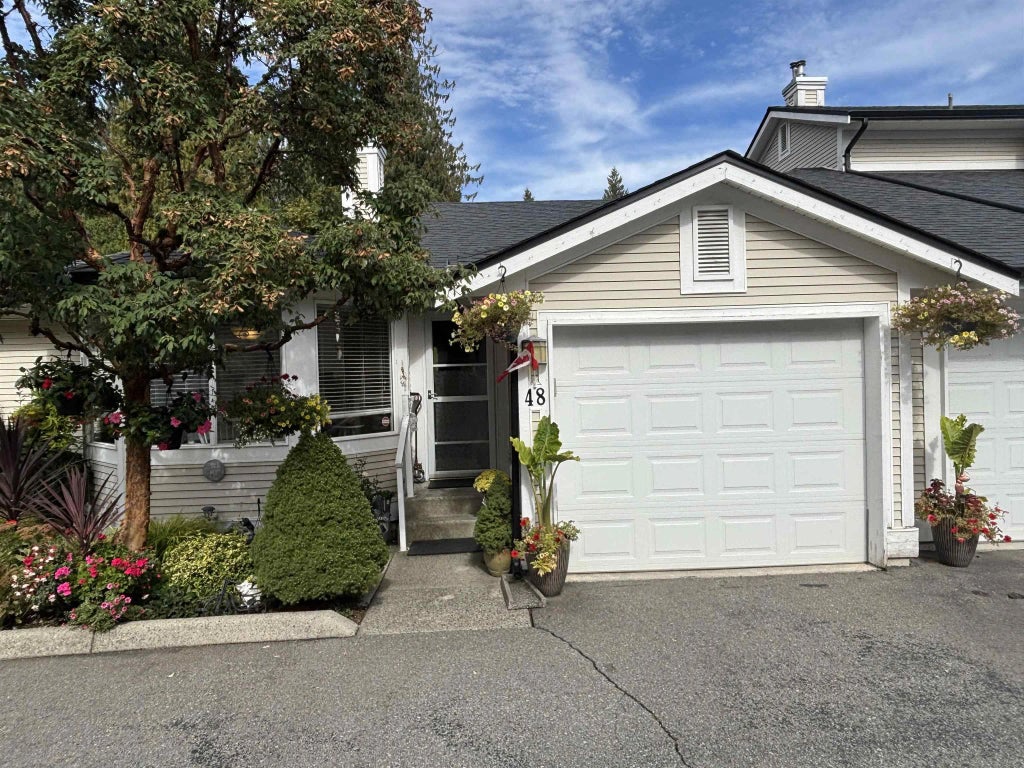

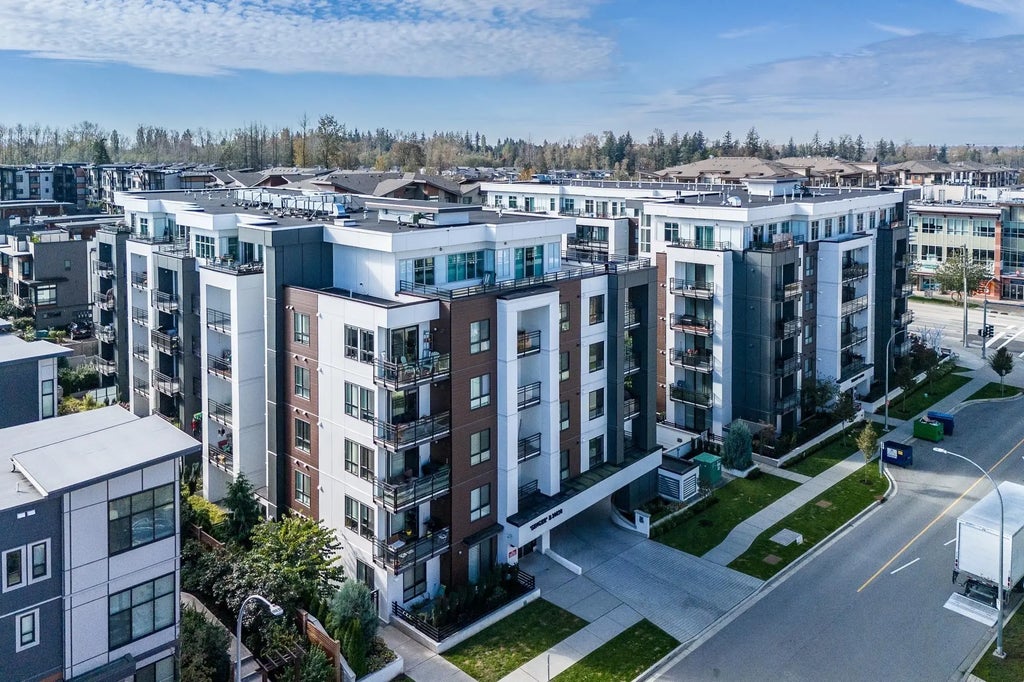
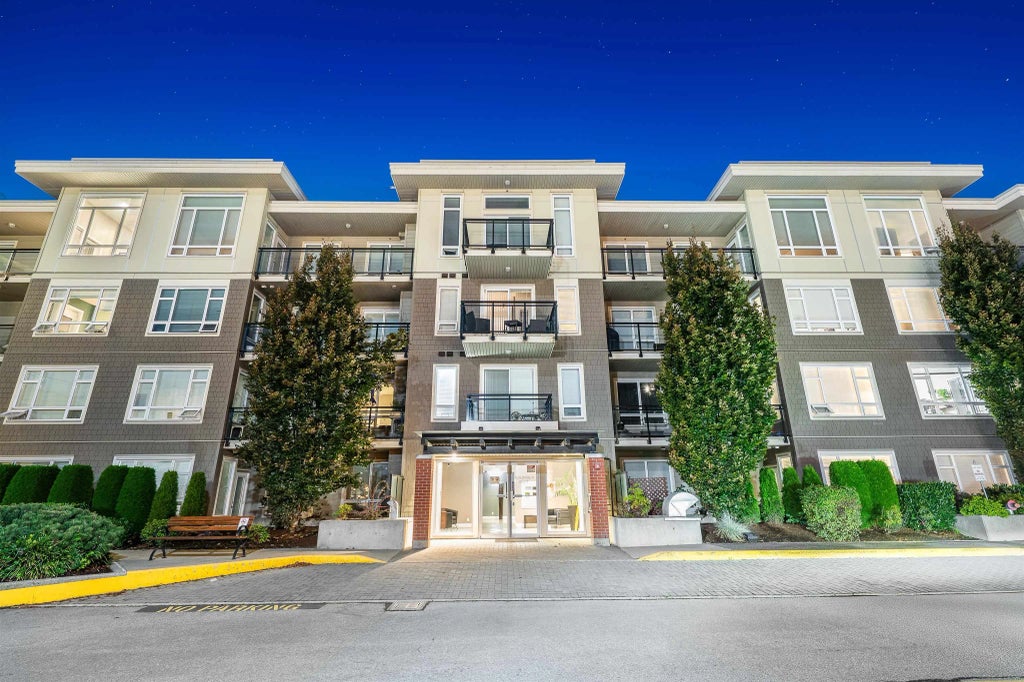
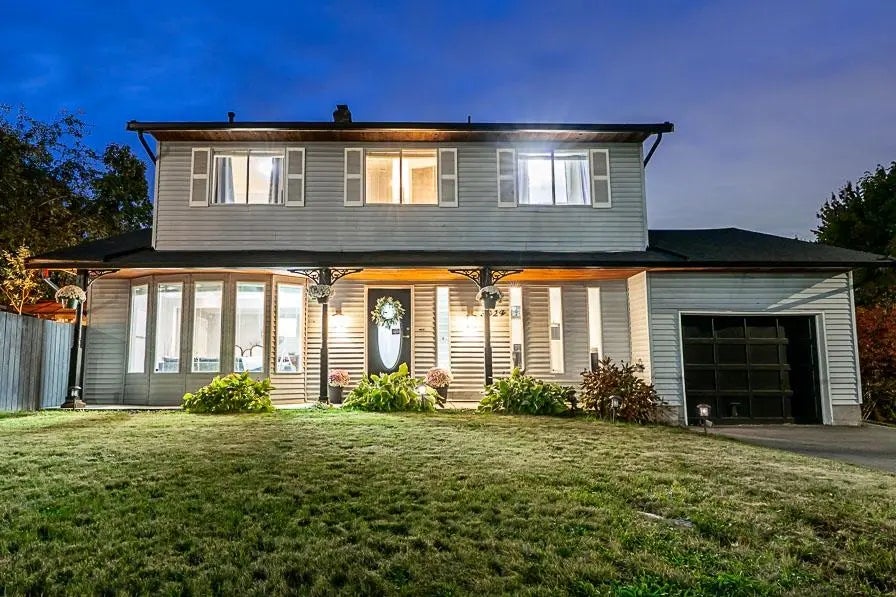
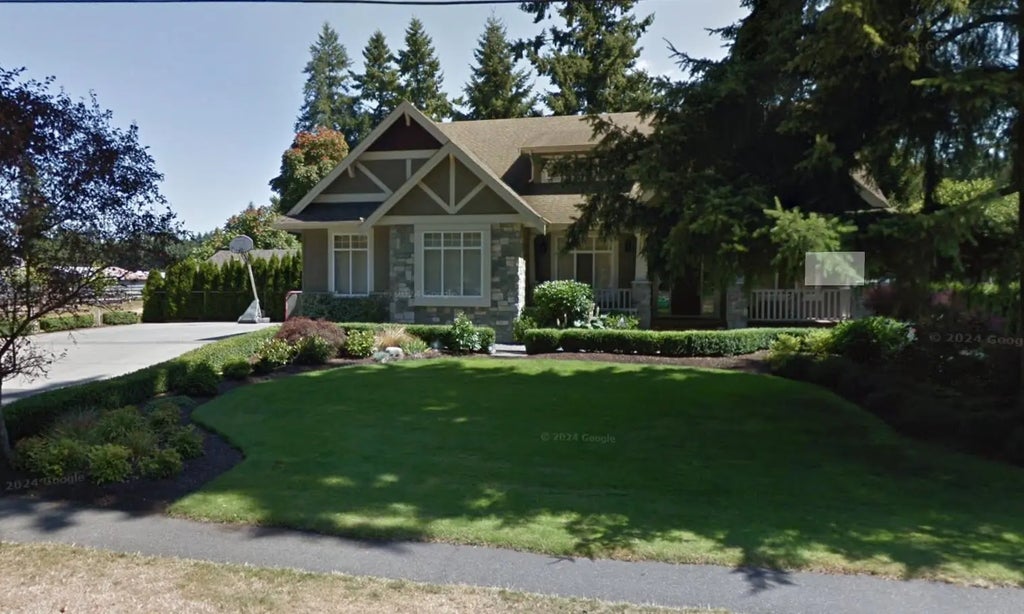
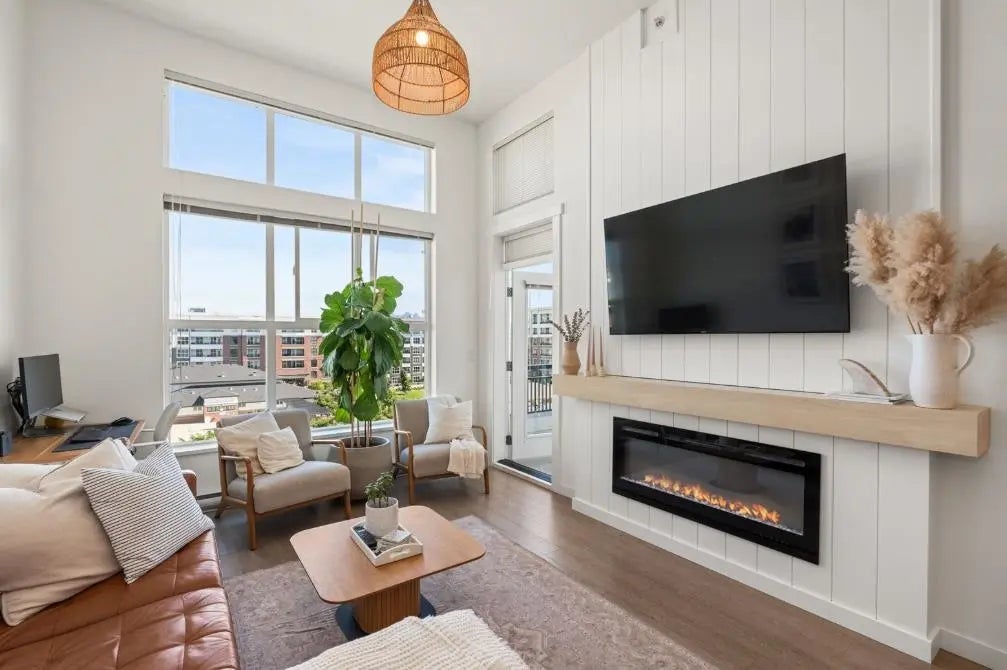

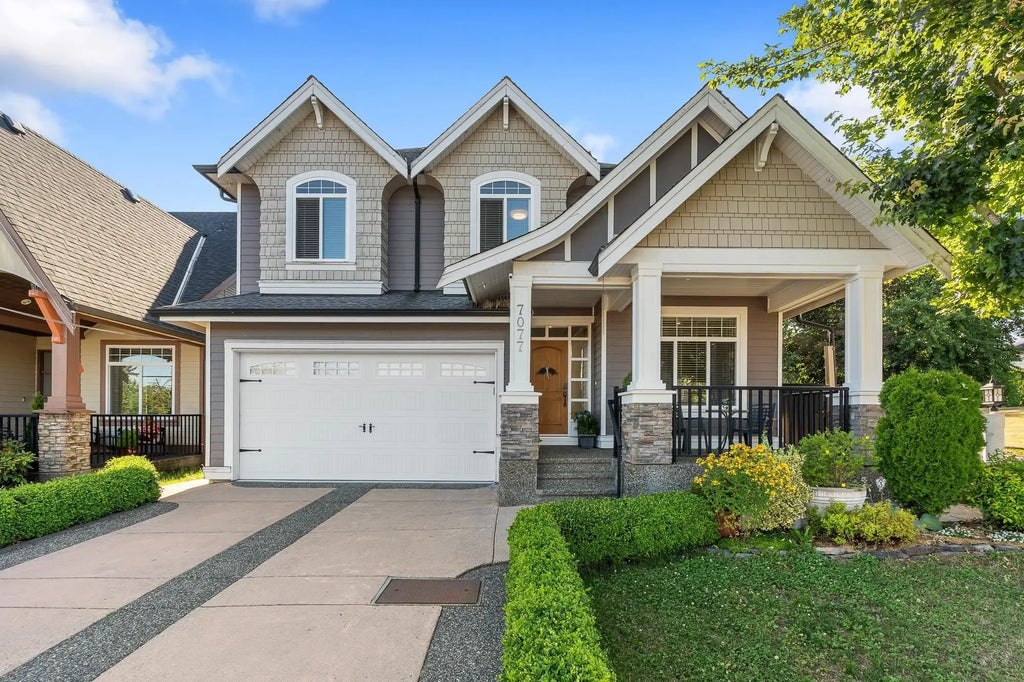
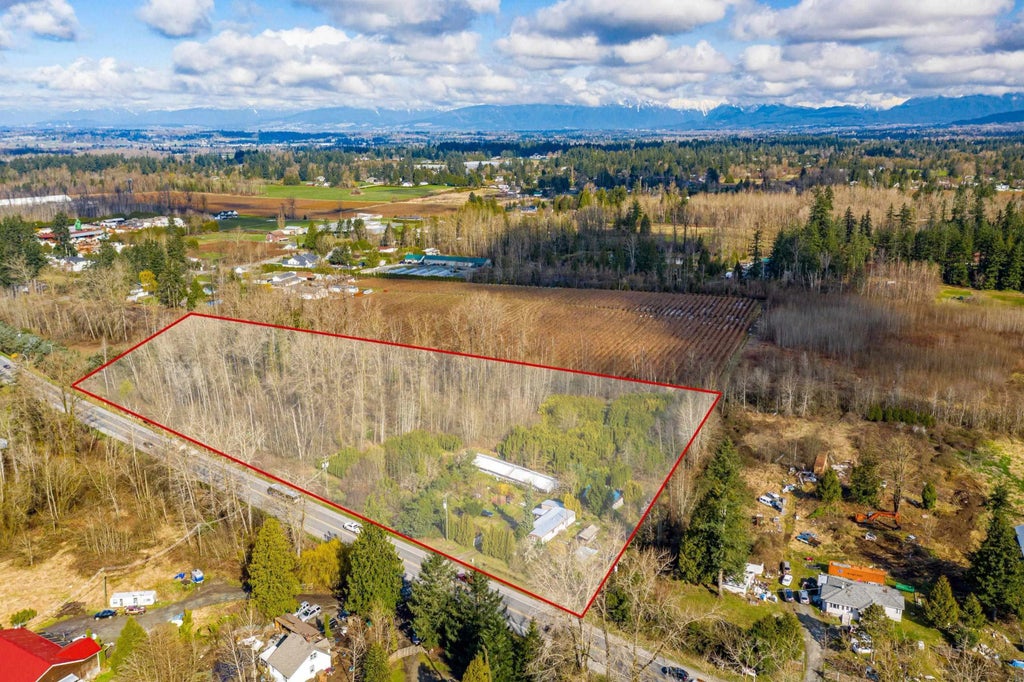
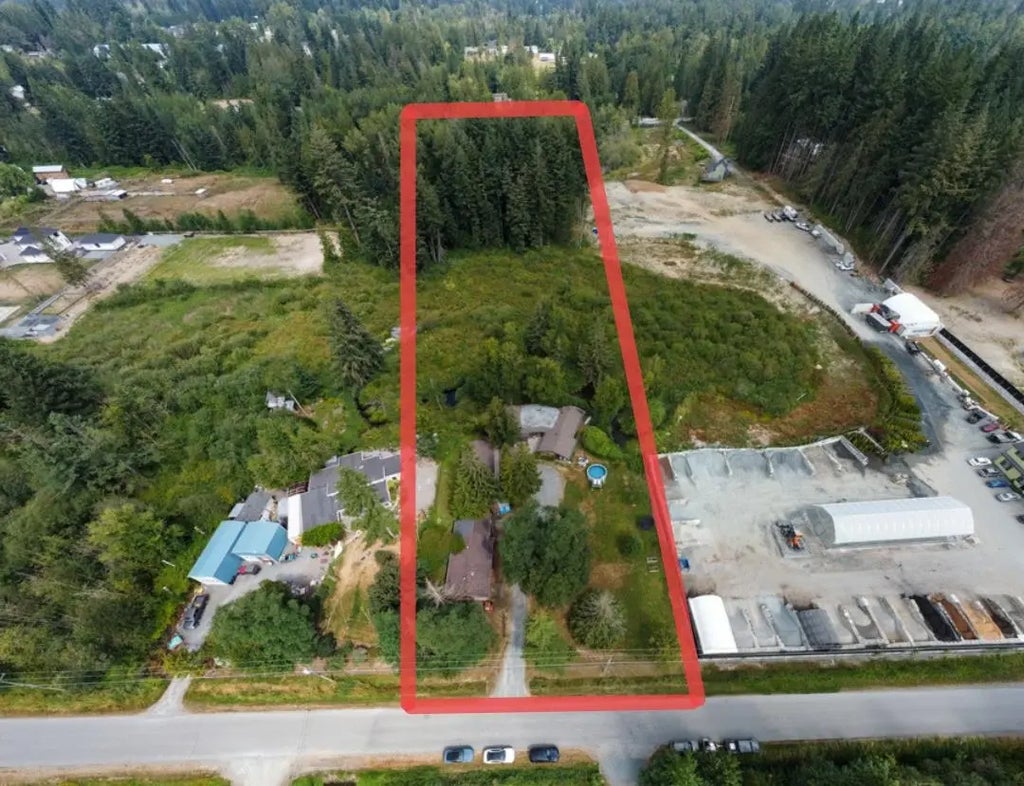
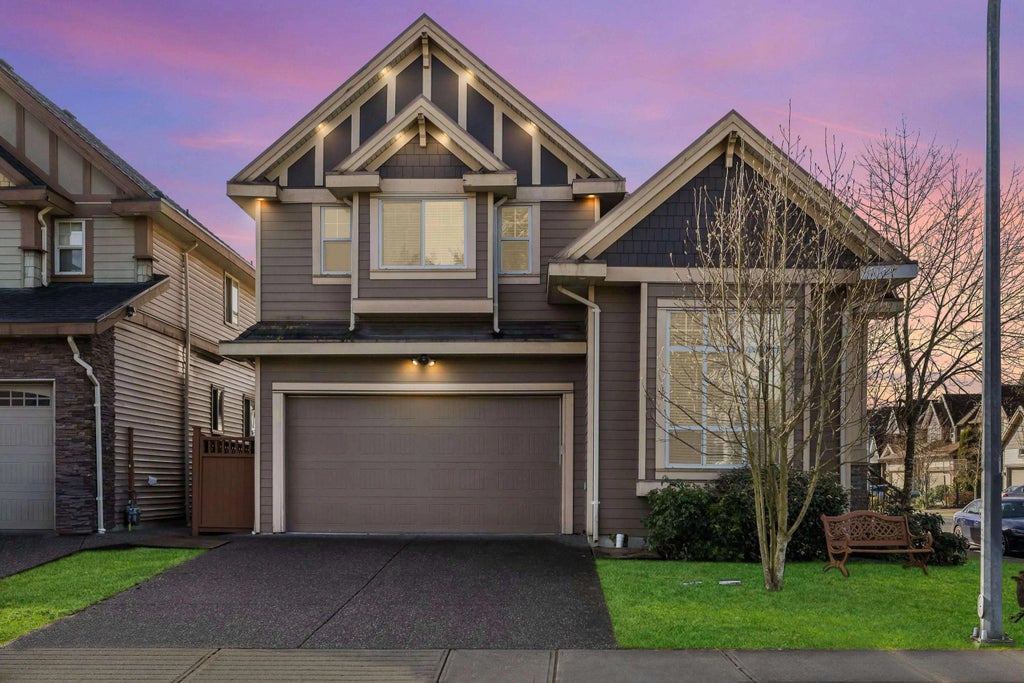

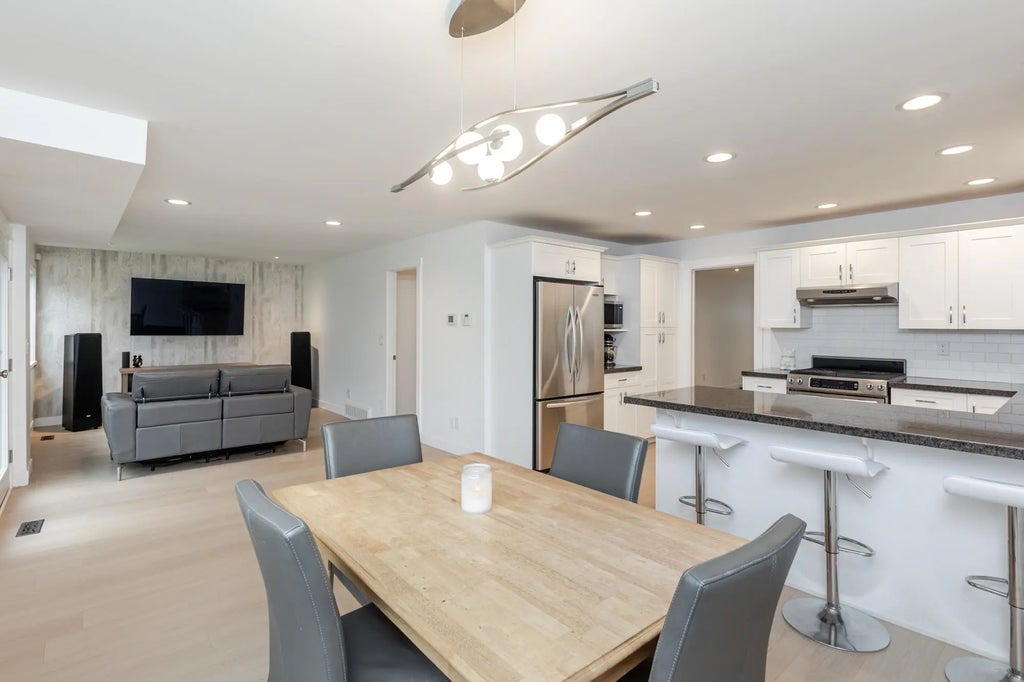
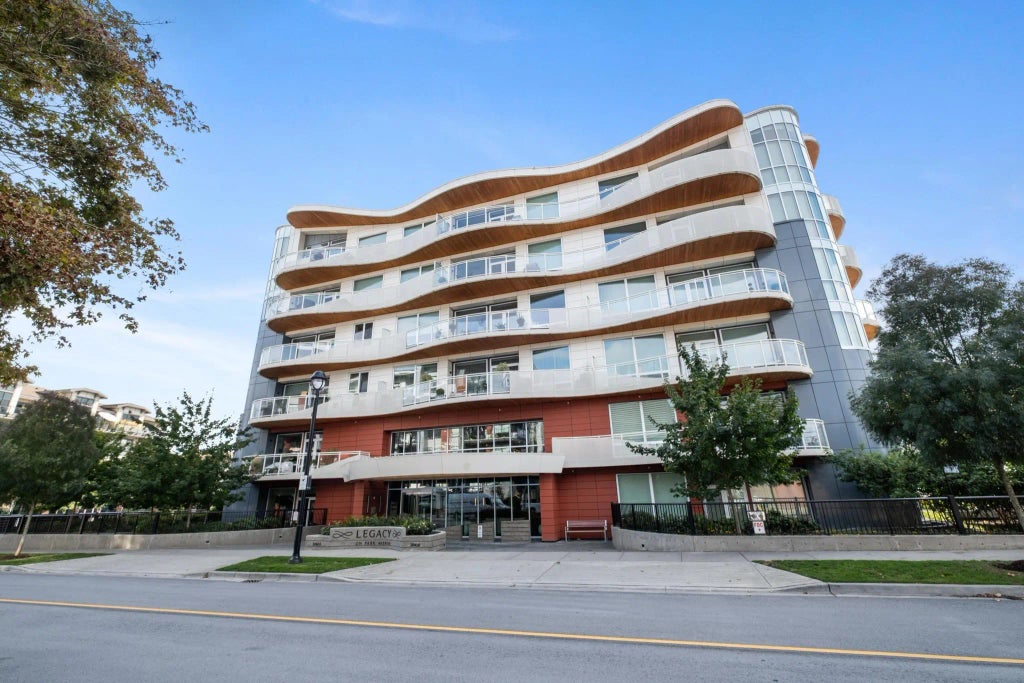
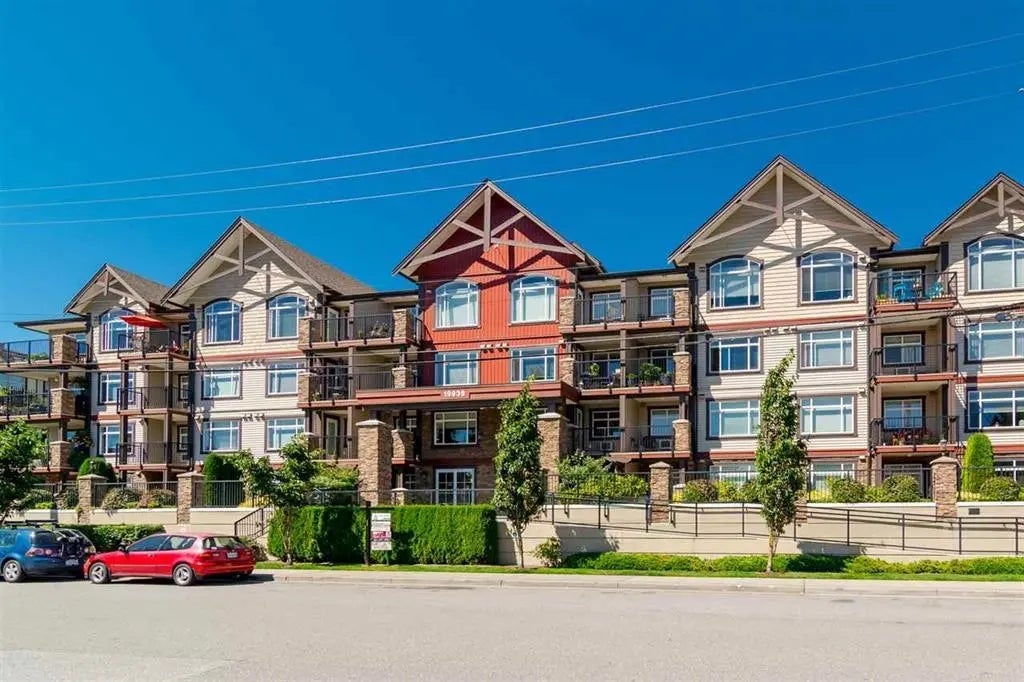
Leave A Comment